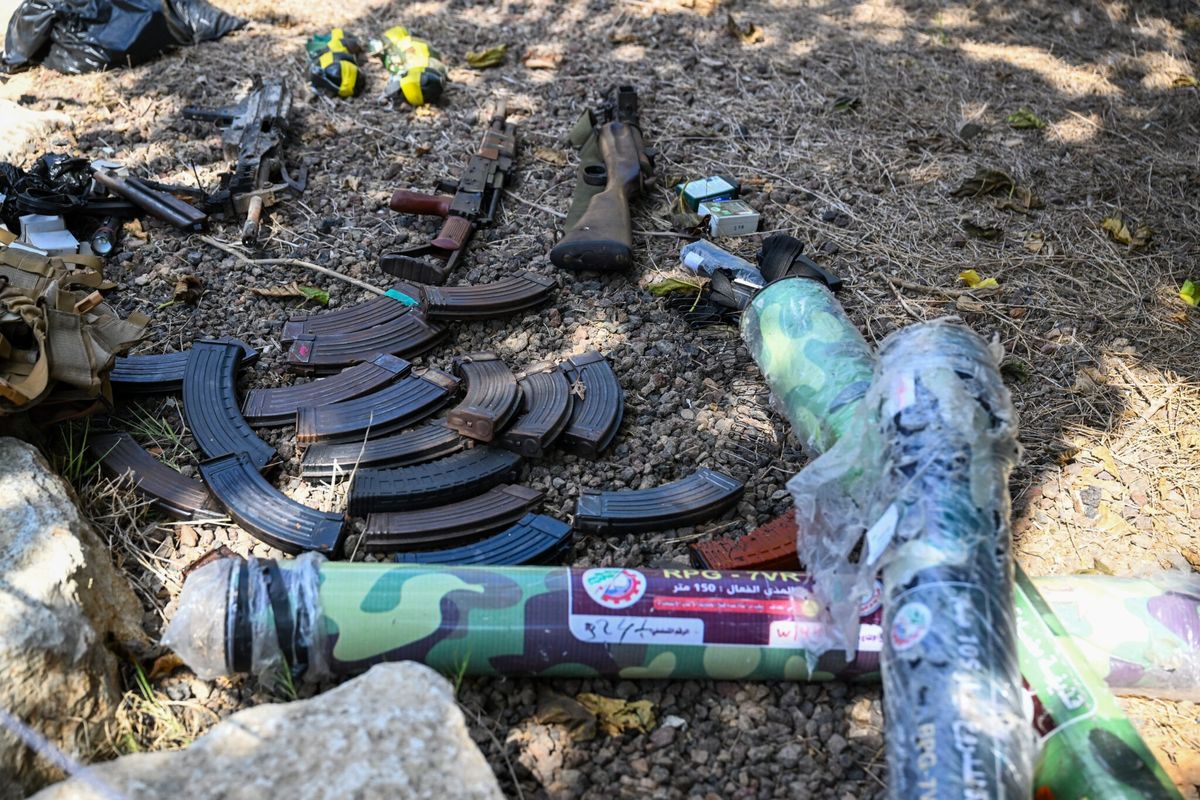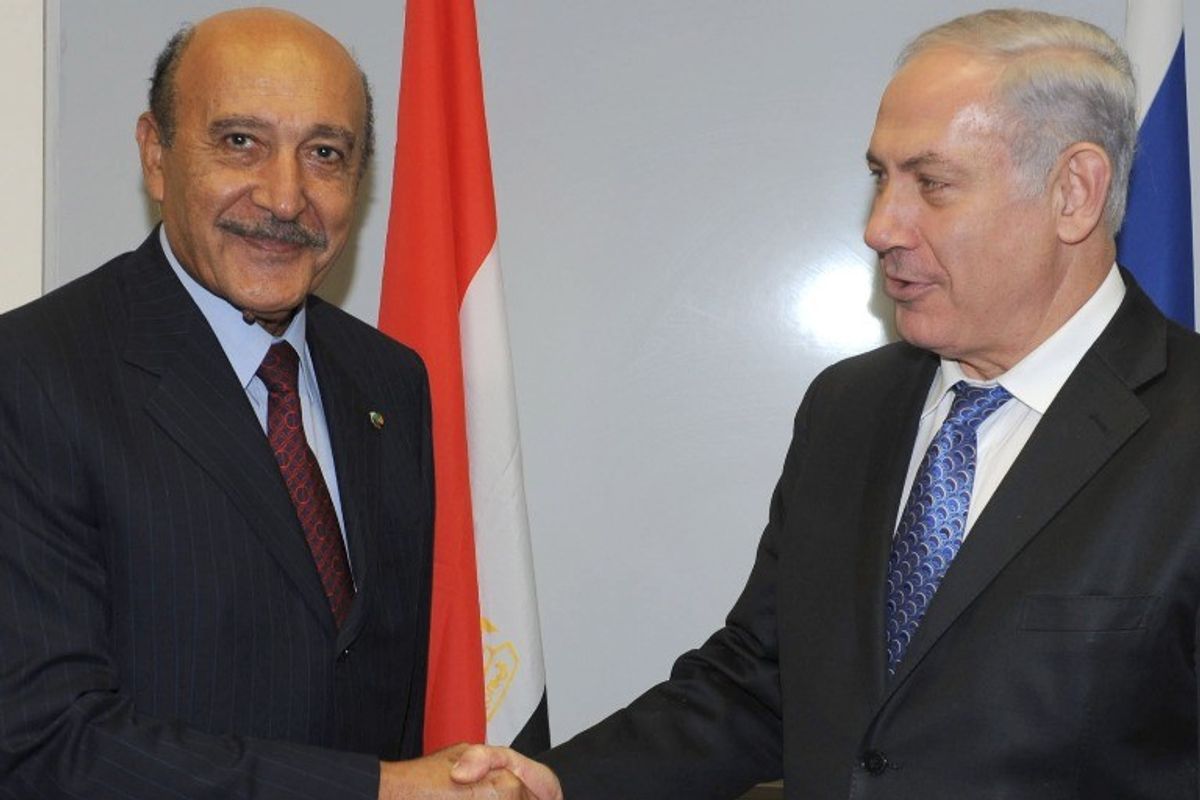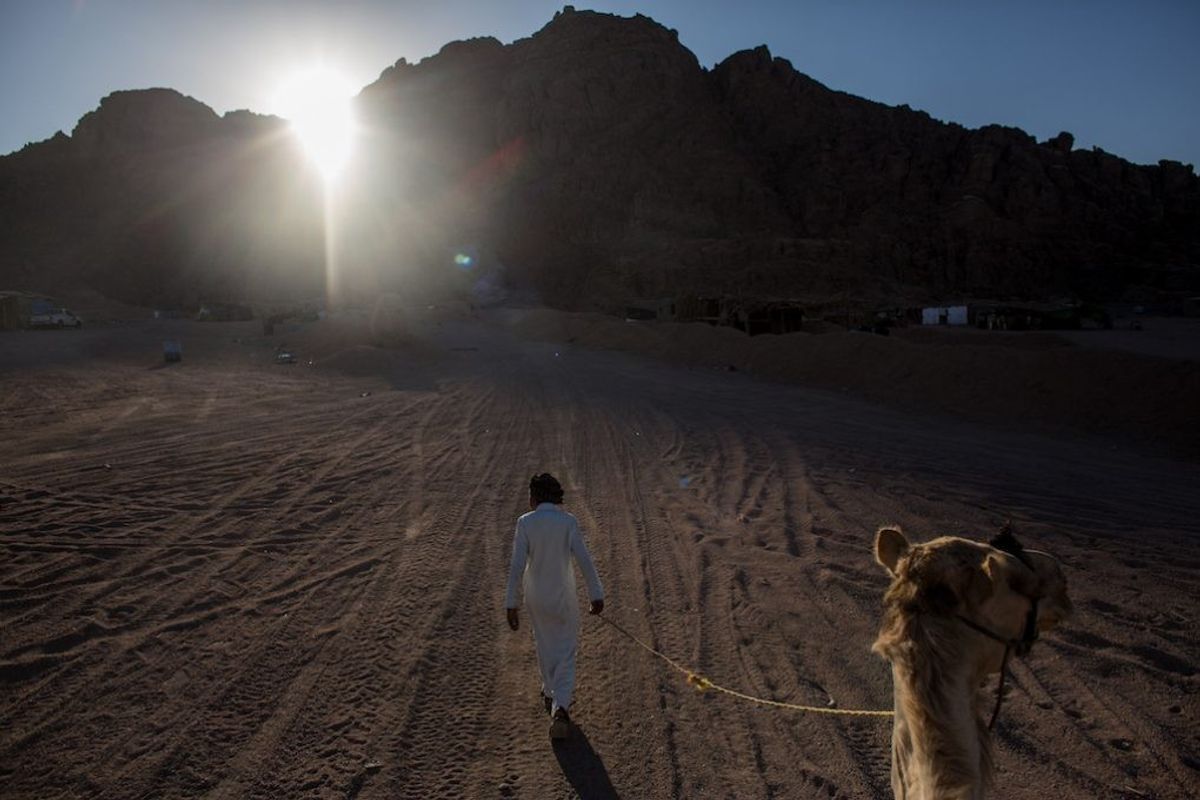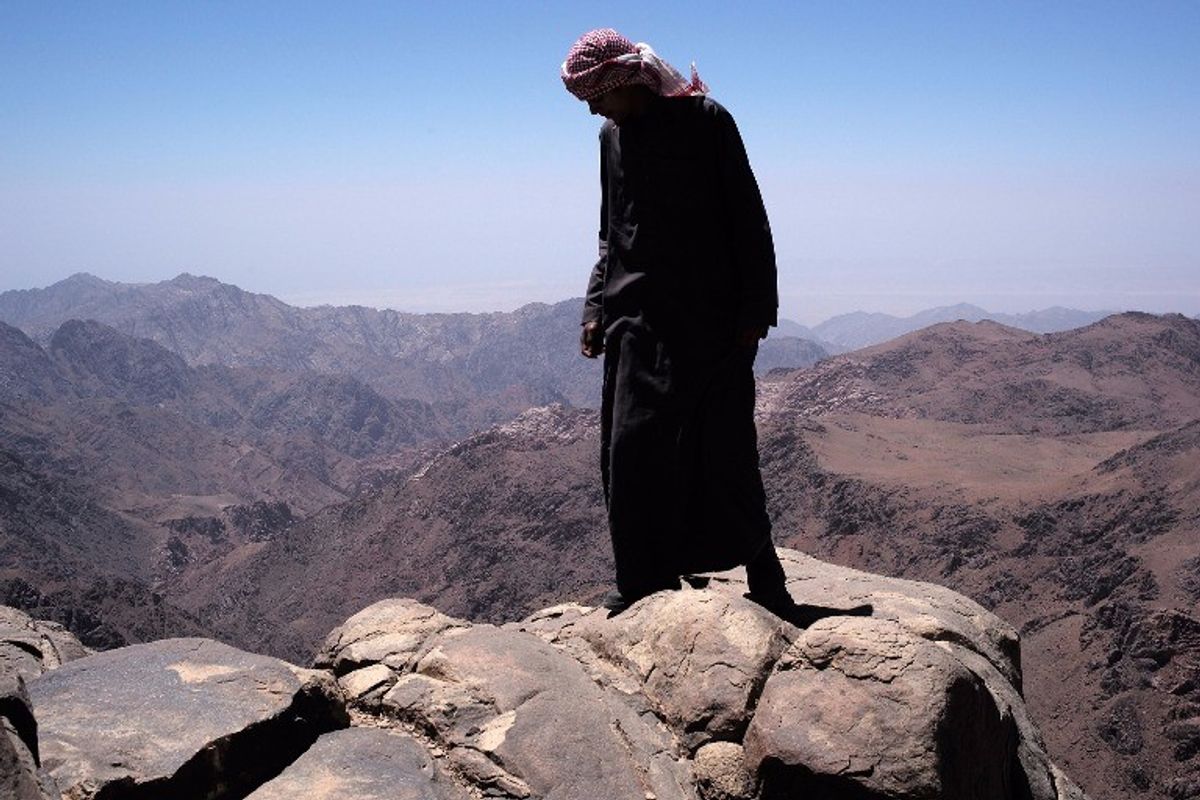After a brief moment in the sunshine four years ago, the Muslim Brotherhood in Egypt has retreated deep into the shadows under perhaps the most severe government crackdown against the group since the 1970s. As this crackdown expands far beyond the Islamist group, and more violent extremism takes hold in the Sinai and Egypt’s south, what does the future hold for Egypt, the Muslim Brotherhood, and the concept of moderate political Islam?
The answer to this question requires a look at the organization’s history. Formed in 1928 by Hassan al Banna, the Muslim Brotherhood was an attempt at Islamic revivalism dedicated to redirecting Egyptian society back towards an Islamic morality, which al Banna believed was lost. In the years following al Banna’s death, many of the Brotherhood’s members were jailed by Gamal abd al Nasr and the Free Officers movement, erstwhile allies in the revolution against Egypt’s King Farouk. During that time, one faction of the Brotherhood broke off under the leadership of Sayyid Qutb to form the ideological basis for violent Sunni extremism, driven by the concepts of takfir (excommunication of Muslims the group deemed immoral) and armed Jihad. However, the bulk of the group chose to follow Husayn Hudaybi in his rejection of Qutb’s violent doctrine and his reiteration of al Banna’s emphasis on the “slow Islamization” of society.
It is this more moderate ideology that attracted mass appeal amongst both the poor and professional classes of Egyptian society, and eventually became the largest and most active political opposition party in Egypt. Deeply entrenched in society through a vast array of privately funded social services, including schools, medical centers, and religious institutions, the Brotherhood developed a strategy that matched this social engagement with gradual political participation. When protests brought down the military regime of Hosni Mubarak in February 2011, the Muslim Brotherhood made swift use of these political networks and vast financial resources to catapult their candidate, Mohammad Morsi, to victory in the 2012 presidential elections.
However, according to Mokhtar Awad, Research Fellow of the Program on Extremism at George Washington University, Morsi and the Freedom and Justice Party (FJP) – the political wing of the Muslim Brotherhood – “quickly alienated the opposition and pushed the country to the brink through incompetent governance.” Exclusive and majoritarian policies, combined with widely perceived economic mismanagement, inspired real resentment against the group and fueled the massive protests, that triggered the July 4 coup, led by then General Abd al Fattah al Sisi.
Soon after, on August 14, elements of the Central Security Forces and Egyptian Special Forces, in close coordination with the Armed Forces, descended on the Muslim Brotherhood-led protests at Rabaa al Adawiya Square with lethal force. Over a 12-hour period, these forces cleared the square using live fire, eventually leaving more than 800 protesters dead in the largest mass killing in modern Egyptian history. This event decisively crushed the counter-coup movement, and in 2014, Sisi became president in what was essentially an uncontested election.
The strength of popular resentment against Morsi’s rule has lent powerful political cover to the Brotherhood’s subsequent repression. Unlike the violence against protesters in Tahrir Square, which only inflamed revolutionary fervor, the massacre at Rabaa and others like it inspired barely a whisper of dissent from society at large. Today, the Muslim Brotherhood is a shadow of its former self. According to Eric Trager, Cipher Brief expert and Fellow at the Washington Institute, “the Brotherhood’s notoriously hierarchical structure has been thoroughly decapitated.” The FJP has been banned, the Brotherhood’s leadership has been jailed or exiled, its financial assets are frozen, and its network of charities has been shattered.
The Brotherhood as a political entity is, for the moment, destroyed. Yet, rather than ridding Egypt of a “terrorist” organization, President Sisi may have opened a Pandora’s box. In punishing the Brotherhood and its supporters, the Sisi regime has created another Qutb-Hudaibi moment, where the group is torn between relatively moderate political Islam and an ever-growing faction that is resigned to violence as a means of political expression.
Incidents of terrorism have skyrocketed since the 2013 coup. According to a study by the Tahrir Institute for Middle East Policy (TIMEP), attacks in 2014 were reported at an average of 30 per month, nearly four times the rate of years prior to 2013. By 2015, this number had leapt to approximately 100 attacks per month. This year, high profile attacks, like the bombing of Metrojet Flight 9268 from Sharm al Sheikh, have demonstrated the foothold that groups like Wilayat Sinai – ISIS’ affiliate in Egypt’s Sinai region – have established in the eastern Sinai. That group is now joined by Ansar Bayt al Maqdis, which pledged its allegiance to ISIS in November 2014, while groups like Ajnad Masr have begun carrying out attacks on mainland Egypt at a far higher frequency.
There are many possible reasons for this spike in violence. Civil war in Syria and ISIS’ territorial conquests in Iraq have inspired extremist groups throughout the region, while Egypt’s continuing economic woes have left many of the country’s youth behind. Youth unemployment is now roughly 40 percent. However, the near-destruction of Muslim Brotherhood presence in Egypt, as well as subsequent crackdowns on revolutionary activists across the religious and political spectrum, has left a clear vacuum in Egypt’s political opposition. Faced with a solid dead-end in the political arena, many find violence to be the only answer. Three years after Rabaa, the Sisi regime has effectively succeeded in slaying the Brotherhood boogeyman. It may not like what lurks behind.
Fritz Lodge is an international producer at The Cipher Brief.












